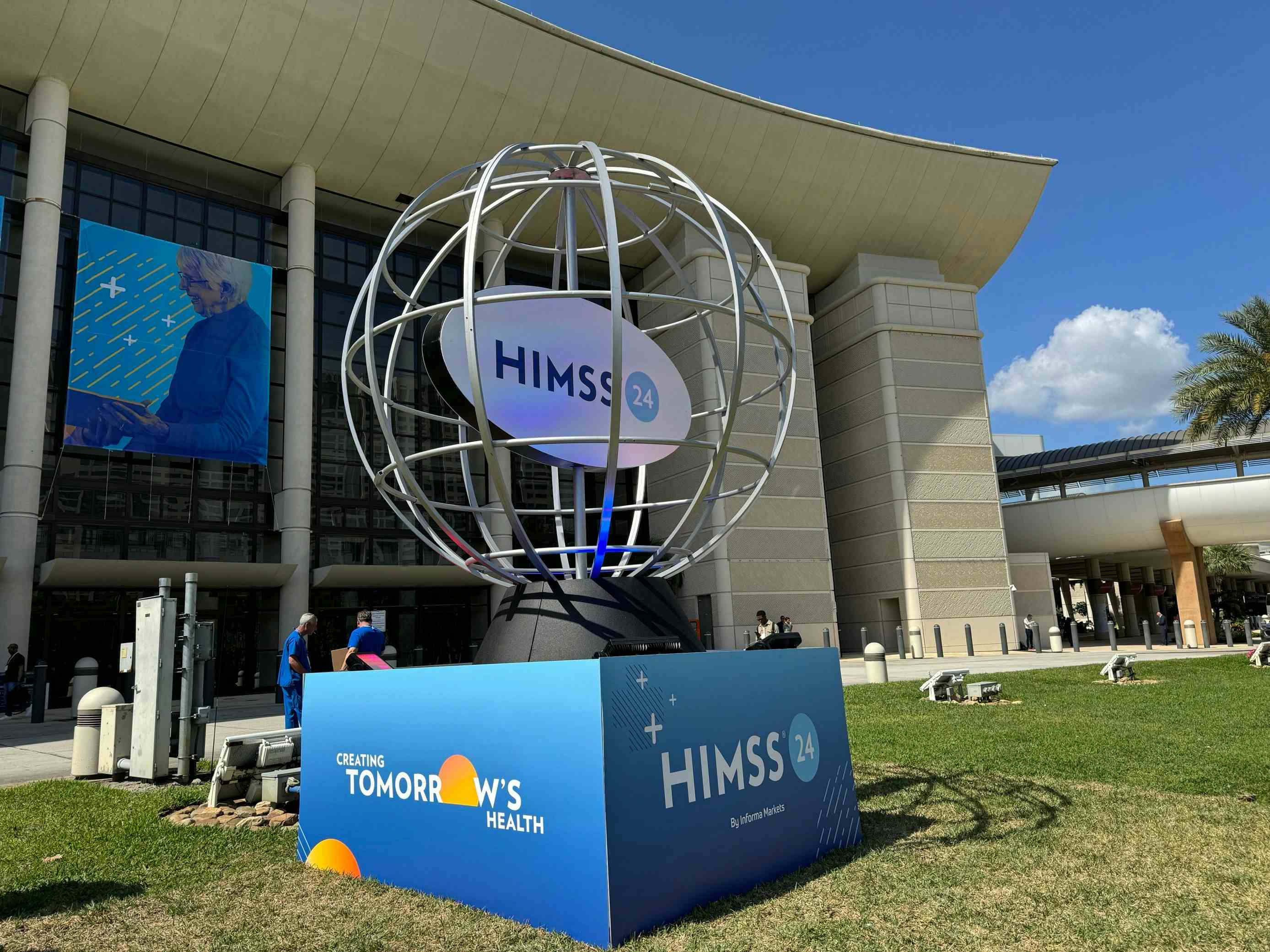Cyberattacks, Speech Recognition and Blockchain: Our Top 5 Stories
The week’s most popular health IT news and opinions.

A cyberattack against medical diagnostics giant LabCorp captivated readers more than any other issue covered by Healthcare Analytics News™ in the past week. But longer feature stories and columns, all on pressing issues in their own right, from blockchain and patient data to the trouble with automated speech-recognition software, also earned their fair share of eyeballs.
Although each piece touches on different components, they all orbit the collective baggage facing healthcare as it navigates the digital transformation. Hacking, software deficiencies, a lack of data accessibility and ownership, hesitance from leadership, and inadequate health records all present problems. But, as you’ll read, there are plenty of potential solutions.
>> LISTEN: Pedialyte, Hangovers and the Patient Experience
Toward the end of every week, we compile the five articles that blew up our analytics dashboard and social media channels. Consider this your ticket to some of the best work that we have to offer.
Do you have thoughts on this list or any of the individual articles? Let us know on LinkedIn, Facebook or Twitter.
1. Suspicious Activity Forces LabCorp Systems Offline
LabCorp filed a report with the Securities and Exchange Commission detailing a hack last weekend on some of its internal networks. Although the company didn’t find evidence that patient data were compromised, the cyberattack affected processing and retrieval of test results. And there’s a lot at risk: LabCorp serves hundreds of millions of patients.
2. Speech-Recognition Software Alone Is Too Imprecise to Rely Upon
Nearly every hospital is using or has plans to use some sort of automated speech-recognition software to transcribe clinician notes. Unfortunately, a recent study found glaring error rates comprising mistakes that sometimes involved clinical notes. So, what can healthcare do about this issue? It might depend on the human ear.
3. 3 Blockchain Startups and 1 Big Move to Patient Data Ownership
Have you heard of Longenesis? How about Nebula Genomics or Coral Health? They are the players who are working to achieve what has eluded medicine thus far: a practical blockchain application. And if any one of these companies succeeds, it could be a major win for patient empowerment.
4. Inadequate Health Records Are Failing Mothers and Providers
Janae Sharp, a health-tech leader and founder of the Sharp Index, which tracks physician suicide, takes healthcare to task for failing to provide interoperable, accessible, thorough maternal health records. She begins with a chilling story of how this issue almost killed legendary tennis player Serena Williams and then talks to a leading obstetrician before diving into her own tale. Sharp, who’s pregnant now, knows all too well what’s at stake.
5. Health Tech Must Keep Pace With the Science That Drives It
In this column, our own Tom Castles calls for healthcare to invest and trust in the high-tech changes that could forever transform medicine. He points out problems, including capability disparities between different kinds of hospitals, and offers a broad solution: Keep up with the science behind the innovations. This column also previews an upcoming Peer Exchange featuring health tech’s top key opinion leaders, something that you won’t want to miss.
Get the best insights in healthcare analytics directly to your inbox.
Related
Jeff Bezos’s VC Arm Contributes to Mindstrong’s $15M Round
Can Google's Cloud API Solve Healthcare's Disparate Data Problem?















